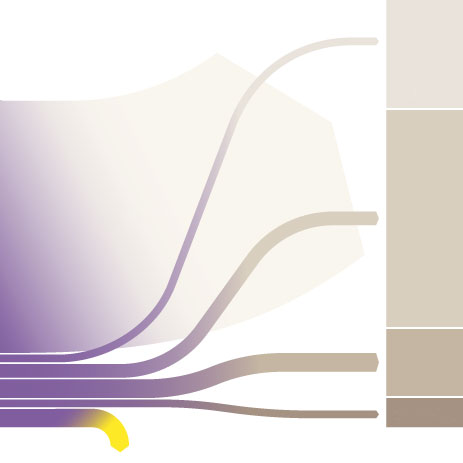Think before you submit
In an email today, the International Journal of Research on Neuroscience has invited me to submit an article in order to make the results of my “groundbreaking” research accessible to a broad readership. Open access, of course. In the eyes of the journal’s editors, I’m an “esteemed researcher” and a “leader in the field”, even though I’ve never actually done any research in the neurosciences. It’s obvious that we’re dealing here with a ‘predatory journal’ employing an exploitative open-access publication model. It charges a fee to publish articles, though without any serious peer review or editorial support by competent editors. Today, there are some 8,000 such fraudulent ‘journals’ across the world, and they produce more than 400,000 articles every year. They are not just a nuisance in your inbox, but a threat to scientific integrity and to the open-access publication model that the SNSF and other funding institutions are trying to promote. Contrary to popular opinion, these journals are not just a problem in Africa, China or India. A new study in Nature has investigated almost 2,000 biomedical articles from over 200 predatory journals, and it turns out that roughly a quarter of the corresponding authors are from the USA and other Western countries. The funding agencies mentioned most often are the National Institutes of Health (NIH). The authors of this study are calling for research funding institutions to refrain from giving any money for publishing in such fraudulent journals. They also believe that the publication lists of funding applicants should not include any articles published there. Are Switzerland and the SNSF also affected? Almost certainly. For this reason, we are examining our own data to this end, and we will also study the publicly accessible data contained in the abovementioned study. The SNSF is in a position to keep a check on such matters, and is keen to do so. But in my opinion, the responsibility lies primarily with the authors, who ought to recognise and avoid such predatory journals. One important resource in this regard is the website thinkchecksubmit.org, which provides a checklist to help less experienced researchers choose suitable, trustworthy journals for their articles. You too can help to make this initiative better known: download their poster, and put it on the notice board of your break room. Matthias Egger is the President of the National Research Council and an epidemiologist at the University of Bern. CC BY-NC-ND

Photo: Manu Friederich
In an email today, the International Journal of Research on Neuroscience has invited me to submit an article in order to make the results of my “groundbreaking” research accessible to a broad readership. Open access, of course. In the eyes of the journal’s editors, I’m an “esteemed researcher” and a “leader in the field”, even though I’ve never actually done any research in the neurosciences.
It’s obvious that we’re dealing here with a ‘predatory journal’ employing an exploitative open-access publication model. It charges a fee to publish articles, though without any serious peer review or editorial support by competent editors. Today, there are some 8,000 such fraudulent ‘journals’ across the world, and they produce more than 400,000 articles every year. They are not just a nuisance in your inbox, but a threat to scientific integrity and to the open-access publication model that the SNSF and other funding institutions are trying to promote.
Contrary to popular opinion, these journals are not just a problem in Africa, China or India. A new study in Nature has investigated almost 2,000 biomedical articles from over 200 predatory journals, and it turns out that roughly a quarter of the corresponding authors are from the USA and other Western countries. The funding agencies mentioned most often are the National Institutes of Health (NIH). The authors of this study are calling for research funding institutions to refrain from giving any money for publishing in such fraudulent journals. They also believe that the publication lists of funding applicants should not include any articles published there.
Are Switzerland and the SNSF also affected? Almost certainly. For this reason, we are examining our own data to this end, and we will also study the publicly accessible data contained in the abovementioned study. The SNSF is in a position to keep a check on such matters, and is keen to do so. But in my opinion, the responsibility lies primarily with the authors, who ought to recognise and avoid such predatory journals. One important resource in this regard is the website thinkchecksubmit.org, which provides a checklist to help less experienced researchers choose suitable, trustworthy journals for their articles. You too can help to make this initiative better known: download their poster, and put it on the notice board of your break room.
Matthias Egger is the President of the National Research Council and an epidemiologist at the University of Bern.




